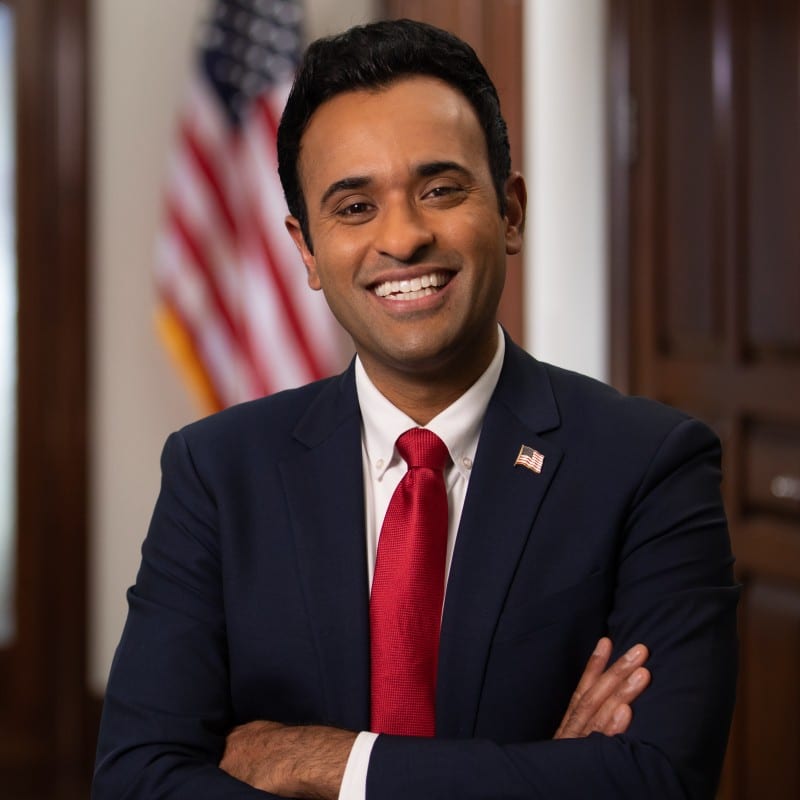In the latest episode of The Chopping Block, Republican presidential candidate Vivek Ramaswamy articulated a compelling argument for reducing the government’s grip on the crypto industry.
Set to release a comprehensive crypto policy soon, Ramaswamy criticized the Securities and Exchange Commission (SEC) for its “unconstitutional overreach,” stating, “the people who we elect to run the government are not the ones who actually run the government.” He believes the administrative state has extended beyond its constitutional limits, impeding innovation across various industries, including crypto.
“Gary Gensler was never elected (…) people should remember that the allegiance of people reporting to him absolutely was never elected. That is a bastardization of a three-branch constitutional republic,” he added.
Ramaswamy’s vision for crypto regulation aligns with his broader goal of promoting innovation and reducing bureaucratic constraints. He posited that current regulations offer a “false blanket of security” and could deter investors from their due diligence. His stance suggests a balance between enforcing traditional legal measures against clear-cut theft and maintaining the decentralized ethos of blockchain technology.
In light of the recent trial against SBF, in which the FTX founder was found guilty of all charges, Ramaswamy posited that with less government intervention, the crypto industry might self-correct, leading to fewer fraud incidents over time.
Throughout the discussion, Ramaswamy emphasized the potential of stablecoins and Bitcoin to bolster the dollar’s value and act as a counterbalance to the Federal Reserve’s monetary policies. He proposed the idea of Bitcoin eventually joining “a basket of hard commodities” to which the dollar could be pegged, reflecting on the historic decision to abandon the gold standard, which he deems a mistake.
Ramaswamy’s outlook on crypto not only focuses on its economic implications but also its philosophical and legal ramifications. “Preserving some element of the ‘code is law’ vision, keeping that spirit alive to say that different blockchains can operate according to different rules without coming to daddy on this side to selectively enforce that,” he explained. This approach could resonate with many in the crypto community who value the technology’s foundational principles of autonomy and self-regulation.



